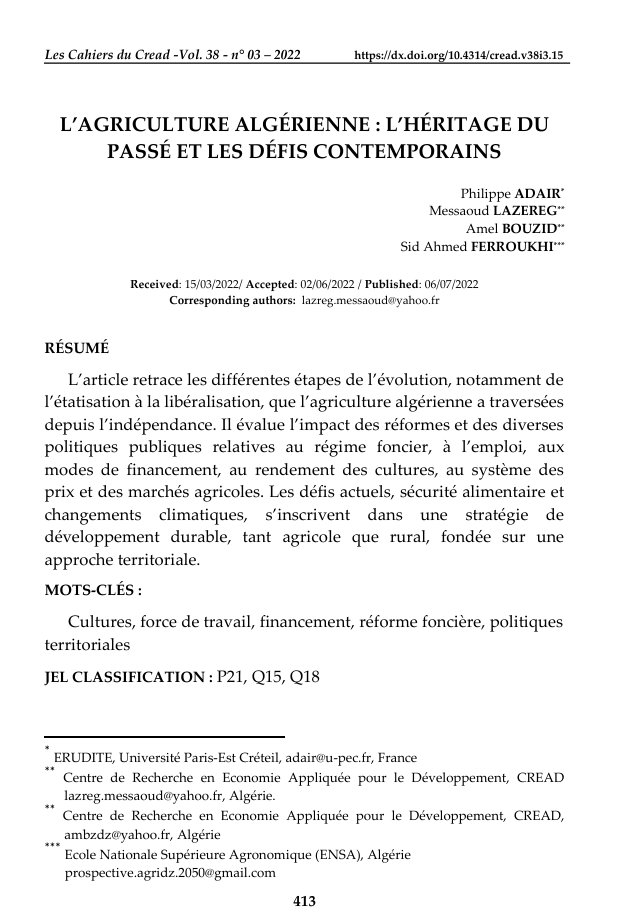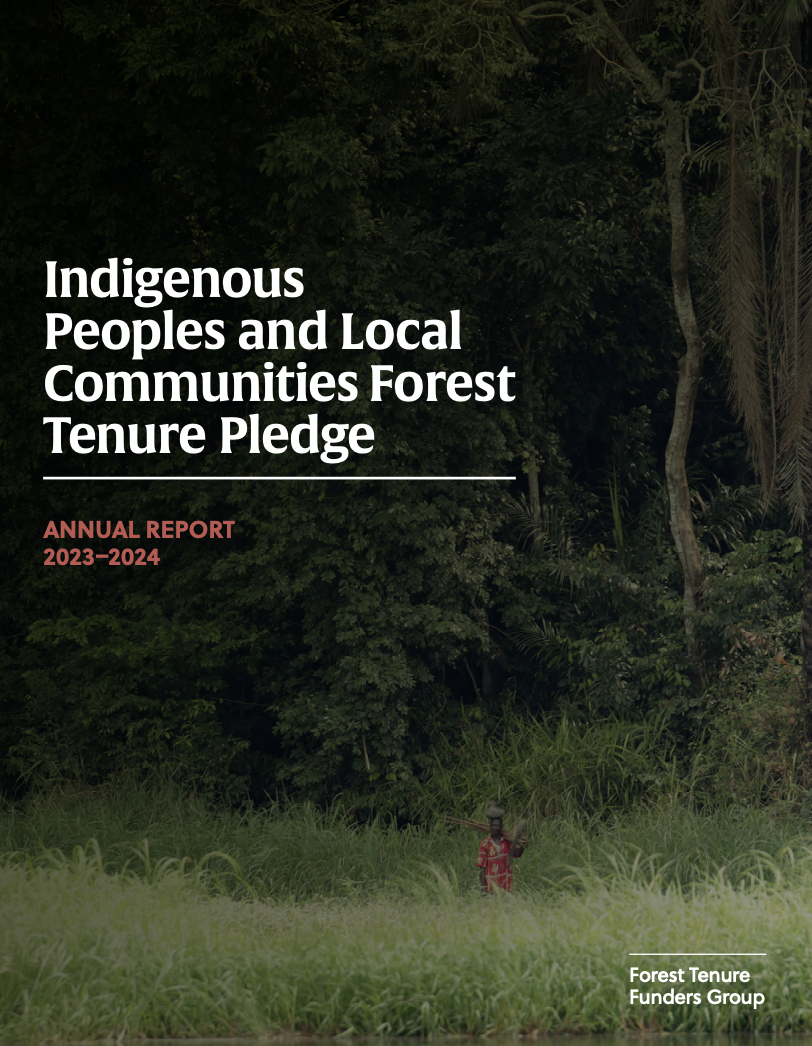El blanqueo ecológico en la Amazonía
Este informe examina cómo las políticas de gestión de riesgos ambientales y sociales (ESRM, por sus siglas en inglés) de los principales bancos que financian la extracción de petróleo y gas en la Amazonía no abordan plenamente los impactos adversos de su financiamiento en las personas y la naturaleza. Durante los últimos 20 años, solamente seis bancos: Citibank, JP Morgan Chase, Itaú Unibanco, Santander, Bank of America y HSBC son responsables de casi la mitad (46%) de todo el financiamiento directo para las operaciones de petróleo y gas en la Amazonía.






